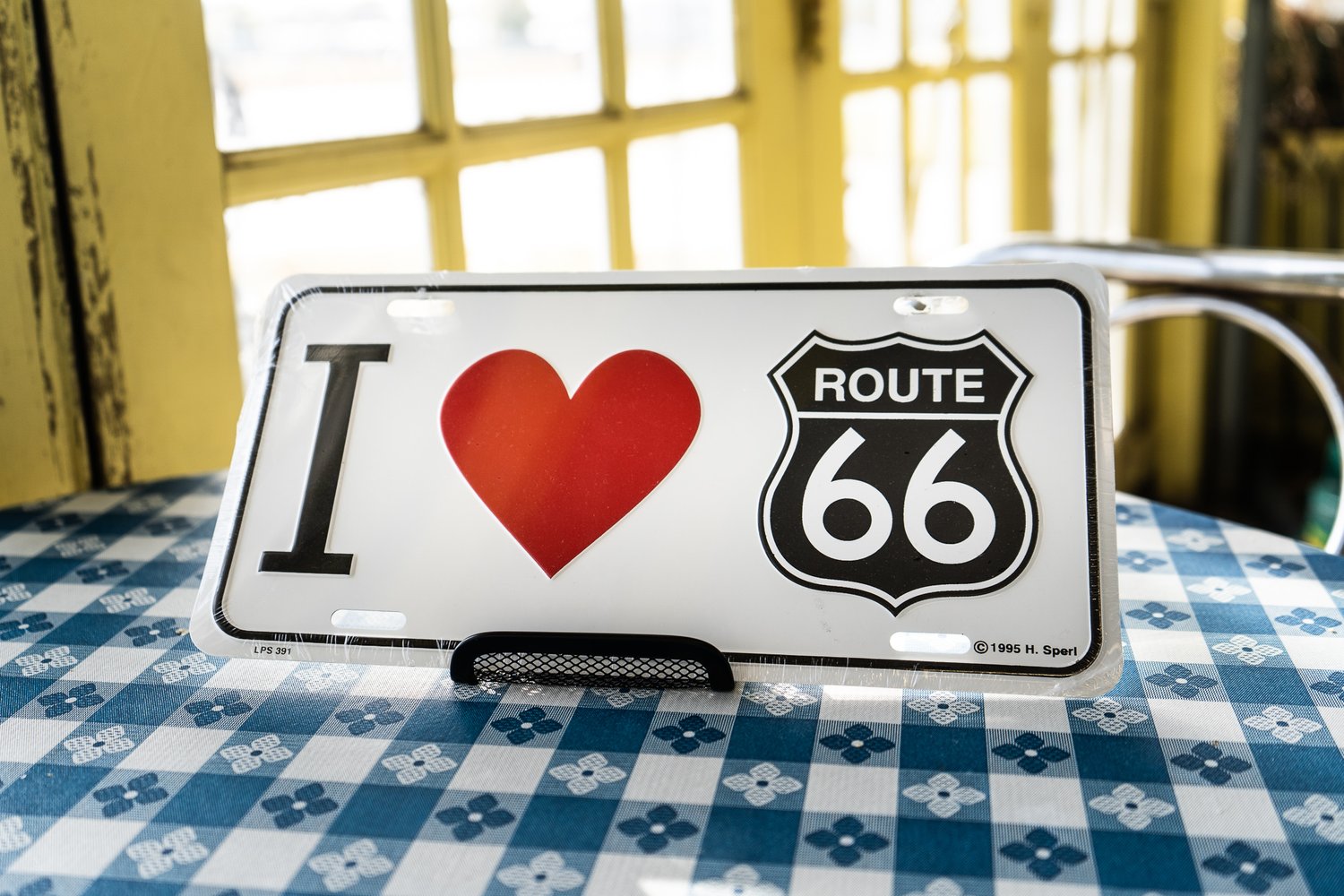License plate collecting, or alphanumerics hobby, appeals to enthusiasts fascinated by design, history, and nostalgia. Whether you’re interested in vintage plates from the 1920s or rare specialty designs, this guide covers everything you need to know to start and grow a license plate collection.
Why Collect License Plates?
You could go shopping license plates because of the following reasons:
- Historical Value: Plates reflect regional culture, manufacturing techniques, and regulatory changes over time.
- Aesthetic Appeal: Unique artwork, slogans, and colors make plates eye‑catching collectibles.
- Investment Potential: Rare plates can appreciate significantly, with some pre‑WWII plates fetching thousands of dollars at auction.
Essential Terminology
- Year Tag: A sticker indicating registration expiration year.
- Embossed vs. Flat: Embossed plates have raised characters; flat plates use printed designs only.
- Base Plate: The background design on which serial numbers are stamped.
Types of Plates to Collect
- Vintage Plates (pre-1950)
- Specialty and Commemorative Plates
- Vanity Plates with Unique Lettering
- State Prototypes and Error Plates
Starting Your Collection
- Decide on a focus (e.g., state, era, theme).
- Set a budget and research price guides and online marketplaces.
- Inspect plates for condition issues like rust, dents, and fading.
Storage and Display
- Store plates in climate‑controlled environments to prevent corrosion.
- Use wall mounts, frames, or display racks to showcase plates safely.
Market Trends and Valuation
Recent trends show growing demand for early 20th‑century plates, limited‑edition specialty plates, and error plates. Prices vary widely based on rarity, condition, and demand, with pristine pre‑1930 plates commanding premium prices.
Ethical and Legal Considerations
Avoid purchasing plates that are still valid or registered to active vehicles. Verify that plates sold as collectibles are explicitly designated as non‑legal use by the seller.
Conclusion
Collecting license plates is a rewarding hobby that combines history, design appreciation, and community engagement. By learning key terminology, market dynamics, and proper care techniques, beginners can build a meaningful and valuable collection over time.

